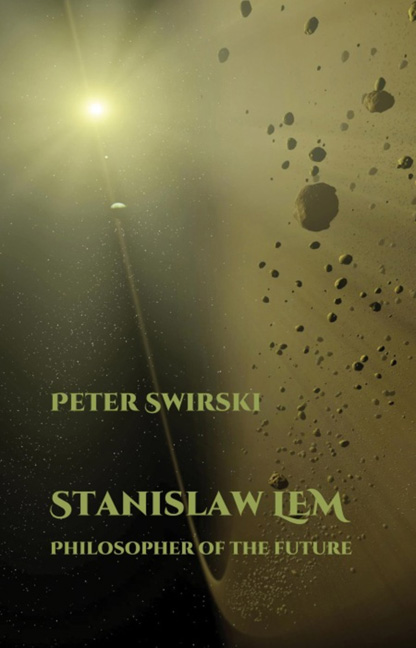Book contents
3 - Game, Set, Lem
from PART II - ESSAYS
Summary
Ariadne's Thread
What is game theory? In the simplest terms, it is a theory of decision–making involving more than one agent (player), where the results (outcomes and payoffs attached to the outcomes) of players’ actions (moves) are at least to a certain degree interdependent. When it comes to the study of literature, game theory can be of help in two ways. On the one hand, it can help us model the reading process as a nonfinite, two–person, nonzero–sum, tacit bargaining process of incomplete and imperfect information between the author and the reader.
On the other hand, game theory can assist us in the analysis of story contents. With its help we can model and thus make sense of characters’ actions, the motivations for these actions, as well as their consequences. We can explain strategic choices by exploring links between characters’ moves and the structure of the plot. We can even tackle interpretive questions, such as whether the inner calculations of a Hamlet can account for his actions. Fertile as game theoretical applications can be, one must not, of course, automatically assume that they are universally applicable. On the contrary, their validity should be judged only post facto when the story in question can be shown to be analyzable, especially if one can suggest a solution to a conflict.
Consider any novel involving interactions of actors in a social drama. It could be the far–out scenario from Bernard Malamud's God's Grace(1982) in which the sole human survivor of atomic annihilation interacts with irascible God while trying to jumpstart civilization with a posse of talking chimps. Or it could be the mad, mad, mad world of Cold War espionage, counter–espionage, counter–counter–espionage (and so on) depicted by Lem in one of his most enigmatic, not to say Kafkaesque, novels—Memoirs Found in a Bathtub (1961).2 In either case, game theory can help us analyze multiplex decision nodes: those of the unlikely group of the meek who inherit the Earth or, in Lem's case, those who wield the military means to destroy it.
Effective as it can be, game theory offers, of course, no foolproof Ariadne's thread to navigate through textual indeterminacy.
- Type
- Chapter
- Information
- Stanislaw Lem: Philosopher of the Future , pp. 70 - 96Publisher: Liverpool University PressPrint publication year: 2015



